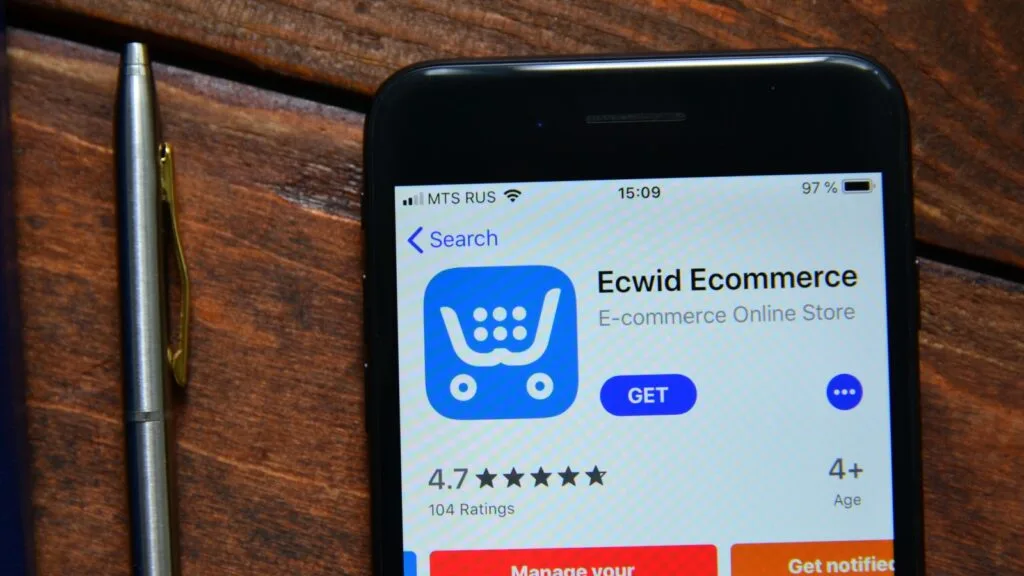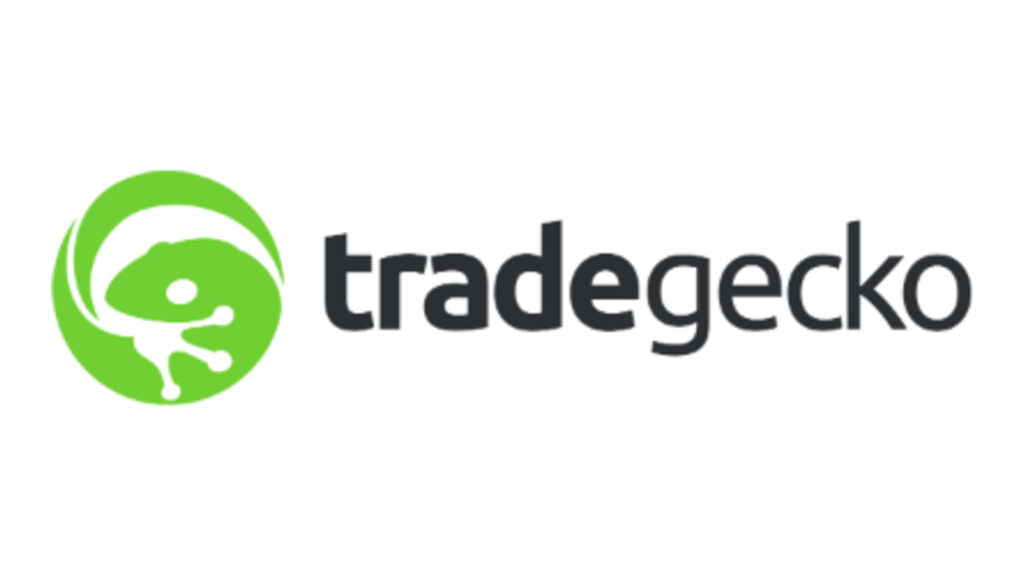The e-commerce landscape is more competitive than ever, making it essential to leverage the right tools to stay ahead. From managing your inventory to optimizing customer experiences, the right technology can make all the difference. Enhancing your e-commerce business with the latest tools can lead to increased sales and customer satisfaction. Discover 20 powerful tools that can transform your e-commerce business and help you achieve your goals.
Shopify

Shopify is a leading e-commerce platform that enables businesses to create and manage their online stores with ease. It offers a user-friendly interface, a variety of customizable templates, and a range of features tailored to help you sell products online. Whether you’re a small startup or an established business, Shopify provides the tools you need to succeed.
In addition to its core features, Shopify integrates with numerous third-party apps to enhance functionality. This includes tools for email marketing, inventory management, and social media integration. With Shopify, you can streamline your operations and focus on growing your business.
WooCommerce

WooCommerce is a flexible, open-source e-commerce plugin for WordPress, perfect for businesses of all sizes. It allows you to turn your WordPress site into a fully functional online store. WooCommerce offers extensive customization options, enabling you to tailor your store to meet specific business needs.
One of the key advantages of WooCommerce is its vast ecosystem of extensions and plugins. These add-ons can enhance your store with features like advanced shipping options, payment gateways, and marketing tools. WooCommerce is ideal for businesses looking for a highly customizable and scalable e-commerce solution.
BigCommerce

BigCommerce is a robust e-commerce platform designed to support rapid business growth. It provides a comprehensive suite of features, including powerful SEO tools, multi-channel selling capabilities, and advanced analytics. BigCommerce’s flexible API allows for seamless integration with other business systems.
The platform is known for its scalability, making it suitable for businesses looking to expand their online presence. BigCommerce also offers excellent customer support and a range of educational resources to help you get the most out of the platform. This makes it a great choice for both new and experienced e-commerce entrepreneurs.
Magento

Magento, now part of Adobe, is a powerful e-commerce platform that offers unparalleled flexibility and control over your online store. It’s highly customizable and scalable, making it suitable for businesses with complex needs. Magento’s advanced features include product management, SEO optimization, and customer segmentation.
While Magento requires more technical expertise compared to some other platforms, it offers unmatched functionality for large and growing businesses. The platform supports a wide range of third-party integrations, enhancing its capabilities further. For businesses with the resources to manage it, Magento can be a game-changer in e-commerce.
Squarespace

Squarespace is an all-in-one website-building and e-commerce platform that is particularly popular among creatives and small businesses. It offers beautifully designed templates that can be easily customized without any coding knowledge. Squarespace includes features for product management, order processing, and customer engagement.
One of the standout features of Squarespace is its ease of use, making it accessible for those without technical expertise. The platform also includes built-in marketing tools, such as email campaigns and social media integration. Squarespace is ideal for businesses looking to create a visually appealing online store with minimal hassle.
Wix eCommerce

Wix eCommerce provides an intuitive drag-and-drop website builder that allows you to create a professional online store quickly. It’s ideal for small to medium-sized businesses looking for an affordable and easy-to-use platform. Wix offers a range of templates and customization options to help you design a unique storefront.
In addition to its design capabilities, Wix eCommerce includes features for product management, payment processing, and shipping. The platform also offers various marketing tools, including email marketing and SEO optimization. With Wix, you can manage your entire e-commerce operation from a single, user-friendly interface.
PrestaShop

PrestaShop is an open-source e-commerce solution that offers a high level of customization. It provides all the essential features needed to run an online store, including product management, payment gateways, and shipping options. PrestaShop’s modular architecture allows you to add or remove features as needed.
One of the benefits of using PrestaShop is its large community of developers and users, which means you can find a wealth of resources and support. The platform also integrates with numerous third-party services, enhancing its functionality. PrestaShop is ideal for businesses that need a flexible and customizable e-commerce solution.
Ecwid

Ecwid is a versatile e-commerce solution that allows you to add an online store to any existing website or social media page. It provides a straightforward way to sell products online, with features for inventory management, payment processing, and shipping. Ecwid is particularly useful for businesses that already have a website and want to add e-commerce functionality without starting from scratch.
In addition to its core features, Ecwid offers integrations with various platforms, including WordPress, Wix, and Facebook. This makes it easy to manage your store across multiple channels from a single dashboard. Ecwid’s flexibility and ease of use make it a popular choice for small to medium-sized businesses.
Shopify POS

Shopify POS (Point of Sale) is an extension of the Shopify platform that allows you to sell products in person, in addition to online. This is ideal for businesses that operate both an online store and a physical retail location. Shopify POS integrates seamlessly with your online store, ensuring that your inventory and sales data are always up to date.
With Shopify POS, you can accept various payment methods, track sales, and manage customer information. The system also includes features for inventory management and reporting, helping you streamline your operations. Shopify POS provides a unified solution for managing both online and offline sales.
Oberlo

Oberlo is a dropshipping app that works with Shopify, allowing you to source products from suppliers and sell them without having to manage inventory. This is ideal for businesses that want to offer a wide range of products without the overhead of stocking and shipping. Oberlo makes it easy to find and import products directly into your Shopify store.
The app also includes features for order fulfillment, tracking, and customer communication. Oberlo simplifies the dropshipping process, making it accessible for entrepreneurs looking to start an e-commerce business with minimal investment. With Oberlo, you can focus on marketing and sales while the app handles the logistics.
Mailchimp

Mailchimp is a leading email marketing platform that helps you engage with your customers and drive sales. It offers a range of tools for creating and sending email campaigns, managing mailing lists, and analyzing campaign performance. Mailchimp’s user-friendly interface makes it easy to design professional-looking emails without any coding skills.
In addition to email marketing, Mailchimp provides features for automation, allowing you to send targeted messages based on customer behavior. The platform also integrates with various e-commerce platforms, helping you synchronize your marketing efforts. Mailchimp is essential for businesses looking to build and maintain strong customer relationships.
Google Analytics

Google Analytics is a powerful tool for tracking and analyzing your website’s performance. It provides detailed insights into visitor behavior, traffic sources, and conversion rates. With Google Analytics, you can understand how customers interact with your site and identify areas for improvement.
The platform offers a range of reports and dashboards, allowing you to monitor key metrics and make data-driven decisions. Google Analytics also integrates with other Google services, such as Google Ads, to provide a comprehensive view of your marketing efforts. By leveraging these insights, you can optimize your e-commerce business for better results.
SEMrush

SEMrush is a comprehensive SEO and digital marketing tool that helps you improve your website’s visibility in search engines. It offers features for keyword research, site audits, and competitor analysis. With SEMrush, you can identify opportunities to enhance your search engine rankings and attract more organic traffic.
In addition to SEO, SEMrush provides tools for content marketing, social media management, and paid advertising. The platform’s analytics and reporting features allow you to track your progress and measure the effectiveness of your campaigns. SEMrush is a valuable resource for businesses looking to boost their online presence.
Hootsuite

Hootsuite is a social media management tool that allows you to schedule and publish posts across multiple platforms from a single dashboard. This helps you maintain a consistent social media presence and engage with your audience more effectively. Hootsuite’s analytics features provide insights into your social media performance, helping you refine your strategy.
The platform supports various social networks, including Facebook, Twitter, Instagram, and LinkedIn. Hootsuite also offers collaboration features, making it easy for teams to manage social media accounts together. By using Hootsuite, you can streamline your social media efforts and focus on building relationships with your customers.
Zendesk

Zendesk is a customer service platform that helps you manage and improve your customer support operations. It offers tools for ticketing, live chat, and customer feedback, allowing you to provide timely and effective support. Zendesk’s intuitive interface makes it easy to track and resolve customer issues.
In addition to its core support features, Zendesk provides analytics and reporting tools to help you measure customer satisfaction and identify areas for improvement. The platform also integrates with various e-commerce and CRM systems, ensuring a seamless customer experience. Zendesk is essential for businesses that prioritize excellent customer service.
Hotjar

Hotjar is a behavior analytics tool that helps you understand how visitors interact with your website. It provides heatmaps, session recordings, and feedback polls, giving you insights into user behavior and preferences. With Hotjar, you can identify pain points and areas for improvement in your site’s design and functionality.
The platform also offers tools for conversion rate optimization, helping you increase sales and achieve your business goals. Hotjar’s visual insights make it easy to see how users navigate your site and where they encounter obstacles. By using Hotjar, you can create a more user-friendly and effective online store.
QuickBooks Commerce

QuickBooks Commerce, formerly known as TradeGecko, is an inventory and order management platform designed for growing businesses. It helps you manage your inventory, track sales, and streamline your supply chain operations. QuickBooks Commerce integrates seamlessly with e-commerce platforms like Shopify and WooCommerce, ensuring your data is always up to date.
The platform also provides features for purchasing, warehousing, and fulfillment, making it a comprehensive solution for managing your business operations. QuickBooks Commerce’s reporting and analytics tools give you insights into your inventory and sales performance. This allows you to make informed decisions and optimize your business processes.
Klaviyo

Klaviyo is a powerful email and SMS marketing platform designed for e-commerce businesses. It allows you to create personalized marketing campaigns based on customer behavior and preferences. Klaviyo’s automation features enable you to send targeted messages at the right time, increasing engagement and sales.
The platform integrates with various e-commerce systems, including Shopify, Magento, and WooCommerce, making it easy to synchronize your data. Klaviyo’s analytics tools provide insights into your campaign performance, helping you refine your strategy. By using Klaviyo, you can build stronger relationships with your customers and drive more revenue.
ShipStation

ShipStation is a shipping and order fulfillment platform that helps you manage and streamline your shipping operations. It supports multiple carriers and offers features for label printing, order tracking, and shipping rate comparison. ShipStation integrates with various e-commerce platforms, making it easy to manage your orders from a single dashboard.
The platform also provides automation features, allowing you to set up rules and workflows to simplify your shipping process. ShipStation’s reporting tools give you insights into your shipping performance and costs. By using ShipStation, you can improve your shipping efficiency and provide a better experience for your customers.
Optimizely

Optimizely is a leading experimentation and optimization platform that helps you test and improve your website’s performance. It allows you to run A/B tests, multivariate tests, and personalization campaigns to enhance user experience and conversion rates. Optimizely’s intuitive interface makes it easy to create and manage experiments.
The platform also provides advanced targeting and segmentation features, enabling you to deliver personalized experiences to different user groups. Optimizely’s analytics tools help you measure the impact of your experiments and make data-driven decisions. By using Optimizely, you can continuously optimize your online store and drive better results.
